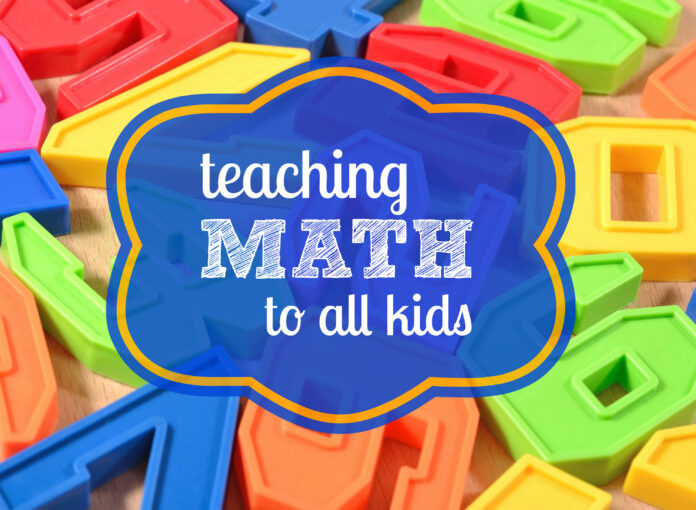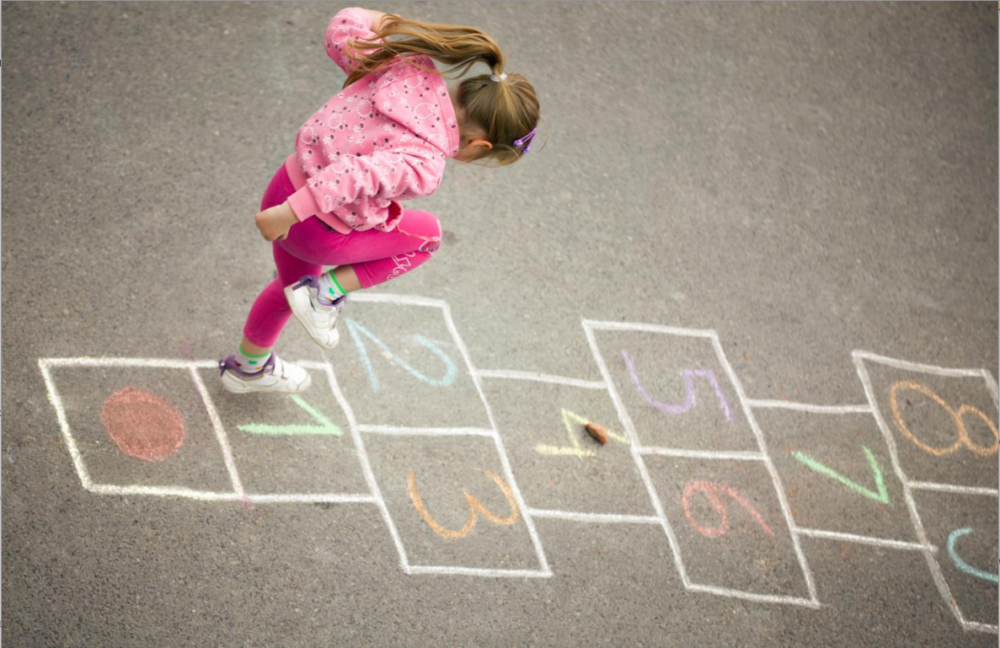
Since 2020, home learning has become more popular than ever before. While it’s important to foster learning in all subject areas, math is especially crucial. Making sure that your child has the skills they need to succeed with math can be challenging, especially if you don’t have the same level of understanding as their teacher.
Nurturing your child’s early mathematical abilities may seem intimidating but it is an achievable goal. Make sure you use the online worksheet template maker from StoryboardThat to make the whole process easier. Trying to find the time for math instruction while tackling remote work and everyday stress can feel like a never-ending fight. But by breaking down the basics and providing plenty of activities, you can help your child to develop their math skills.
Teaching Tips
With a little creativity, everyday activities can be converted into interactive learning experiences for children without them even realizing it! Basic activities such as these are essential to bringing sturdy math instruction into the home setting. Here are some tips for helping your child learn early years math at home:
1. Start with the basics

Before jumping into more complex math concepts, ensure that your child has mastered the basics of mathematics. Make sure they understand basic numerical concepts such as counting, addition, subtraction, and identifying shapes before moving on to more challenging topics. If they are having trouble with the basics, try using flashcards or practice sheets to help them learn.
Additionally, it is important to help your child understand the basic principles of problem-solving. Teach them how to break down a problem into smaller, more manageable steps. Show them how to use diagrams or tables to organize their thoughts and work through the problem. This will help them develop an organized approach to solving math problems in the future.
2. Introduce hands-on activities
Use fun, hands-on activities to help your child learn and understand mathematical concepts. Puzzles, games, counting activities, and other tactile play are great ways to engage your child in mathematics without overwhelming them. If you’re stuck for ideas, online resources can provide a wealth of activities that cater to different age groups and abilities.
Even better, most of these activities don’t require any special materials and can be done with objects found around the house. Look for free printable games or activities from websites that you can share with your child to further encourage them to get involved in mathematics.
You could also introduce math-related materials from nature, such as the shapes of leaves or counting stones. These activities can provide a fun and creative way to engage your child with mathematics that builds their problem-solving skills and boosts their confidence in the subject.
Finally, make sure to set aside time for reviews and repeating concepts that have already been learned. Doing so will help your child to develop a stronger mathematical foundation and increase their motivation for learning. With the right approach, your child can learn math in a way that is both enjoyable and beneficial.
3. Encourage your child to ask questions

Encourage your child to ask questions when they don’t understand something. This way, you can help them identify any areas of confusion and address them. Additionally, this will help them become more confident in their mathematical abilities and boost their self-esteem. Asking questions can also help your child approach problems in different ways, giving them the opportunity to find creative solutions. Finally, by asking questions about something they don’t understand, they can help build their problem-solving skills.
Allow your child to make mistakes when doing math. Mistakes are an important part of the learning process, and it’s important to let your child know it’s okay to make them. As long as you provide help and guidance, your child will be able to learn from any mistakes they make and grow from them. If your child is afraid of making mistakes, try to encourage them by giving them positive reinforcement and praising their effort. This will help them realize that even if they make a mistake, it’s not the end of the world.
4. Practice makes perfect
Regular practice is essential for your child to master mathematics. Doing a few math problems every day can help them solidify their skills and become more confident in their abilities. You can also try out timed drills, which will help your child learn the key principles of math quickly and efficiently. Finally, if you’re stuck for ideas or resources, don’t forget to look online. There are plenty of free resources available, such as printable math worksheets and online games, which can help your child learn and develop their math skills.
Providing your child with the necessary support and encouragement to keep practicing math is also essential. Make sure to praise them for their efforts, no matter how small the accomplishment. With enough practice, your child will become an expert in math in no time!
By following these tips, you can help nurture your child’s mathematical abilities and make the learning process enjoyable. In no time at all, your child will be able to tackle math problems with confidence and ease.

Final Thoughts
Early years math is an important part of a child’s education, and it can be fun to teach your child at home. By providing the right environment, setting goals, and providing plenty of activities, you can help your child to develop their math skills and reach their potential. Remember, every child is unique, so the best way to help them learn math is to tailor activities to their individual needs and interests.








